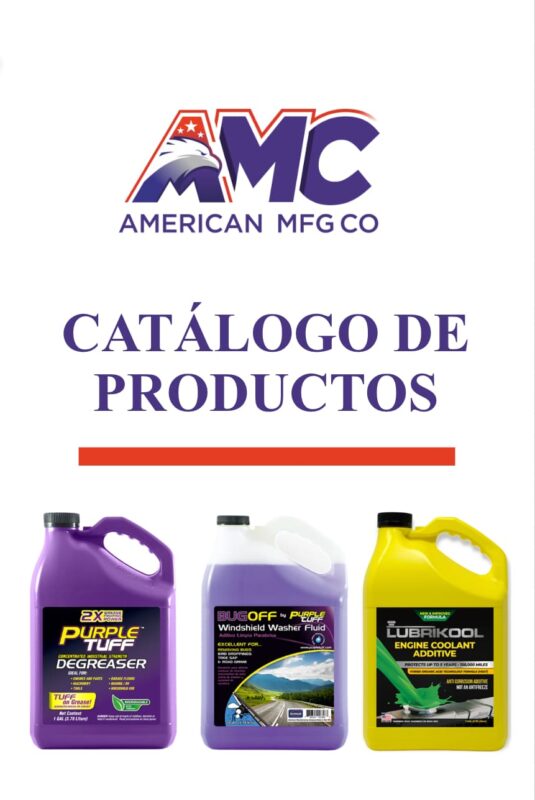5 Maintenance Tips Your Mechanic Will Never Tell You

A visit to the mechanic is an unfamiliar experience for many; the technical terms used by these professionals are often beyond our understanding. This leads vehicle owners to spend more money than necessary on repairs and routine maintenance. Mechanics are our first choice when the brakes start wearing down or the tires need replacing. They’re our lifesavers when we’re stranded in the middle of nowhere.
Although most mechanics follow ethical practices, some see an opportunity to make extra profit, as many car owners lack knowledge about automotive repairs. They may suggest unnecessary fixes with the reasoning, “Why wait for the problem to get worse?” While this can be true in some cases, the reality isn’t always so critical.
You don’t need to be an expert on the inner workings of your car or an automotive engineer. However, there are things you should know that your mechanic might not be telling you. Here are five important points:
1. Get a Second Opinion Before Spending Money
Most people rely on mechanics for both advice and services. However, mechanics often alarm customers with costly repairs or major upgrades. While some may be necessary, other times you’re handed a bill with extra charges or repairs that you don’t really need.
That’s why it’s better to seek a second opinion. If a mechanic gives you a list of expenses, tell them you’ll think it over and take your vehicle to another shop. Look for at least 2 or 3 options and choose the most cost-effective one. Many services offer free estimates, allowing you to compare prices.
2. You Don’t Need to Be an Expert to Change the Oil
Changing the oil is one of the most common and simple steps in car maintenance. You don’t need extraordinary skills or expensive equipment—just some basic knowledge and the right tools.
This procedure represents easy income for many mechanics, who also take the opportunity to recommend the 3,000-mile rule. While it’s a standard practice, modern oils can last longer. Some synthetic oils only need to be changed every 10,000 or even 20,000 miles.
If you’re up for getting your hands dirty, an oil change is a great starting point to learn basic mechanics and improve your car’s resale value.
3. You Don’t Always Need Fuel Additives and Cleaners
Many mechanics recommend chemical additives, such as fuel cleaners, especially when owners plan long trips or will leave the car inactive for a while. These products are added to the fuel to improve performance and prevent buildup in the engine.
However, deposits in engines were more common before 1995, when detergents started being added to gasoline to prevent these issues. So, unless you have a really old engine or very little fuel in the tank, you don’t need to accept the mechanic’s offer to buy these additives.
4. Brake Repairs are Their Source of Income
Repairing brakes is a major source of income for them. Once you learn how to change the oil, you can also replace brake pads and discs. For mechanics, these types of repairs are like printing money, as they tend to be expensive.
It’s a somewhat complicated and dirty job, but not impossible. If you don’t have a hydraulic lift, a jack can help you change the worn brake pads. While it may take you some time, it will save you money on a repair that, in essence, is quite simple.
5. You Should See the Old Parts
You might think the old parts of your car are just junk, but sometimes they still work perfectly fine. It’s important to review the parts they remove and the ones they’re going to install.
Some mechanics use used parts to cut costs, but you should make sure the new ones are truly brand new. Also, inspect the old parts to determine if they were actually worn out or broken. You can search online to see how long a specific part should last and what it looks like when it’s damaged.
Conclusion
Good mechanics are like good friends: hard to find. Having some knowledge about your car will always be useful. If you’re looking for the right products to maintain your vehicle, American MFG is your best choice. From coolants to windshield fluids, they have everything you need to keep your car in top condition. Trust American MFG to take care of your vehicle!


